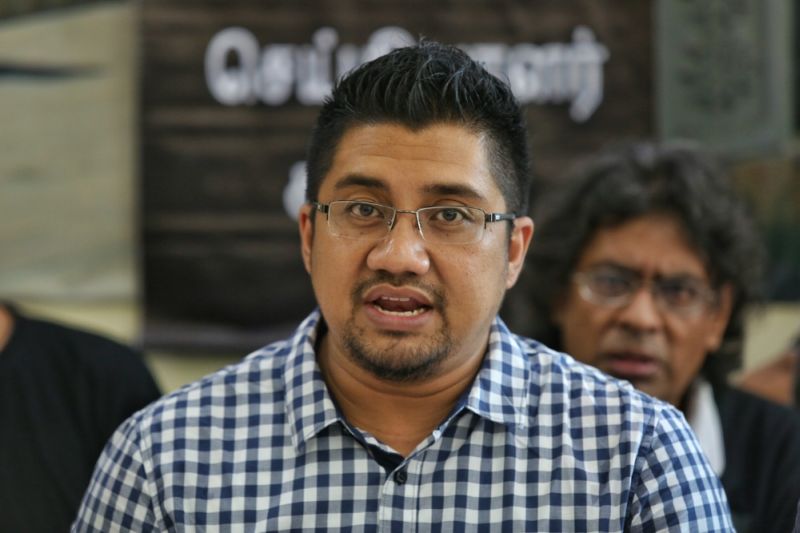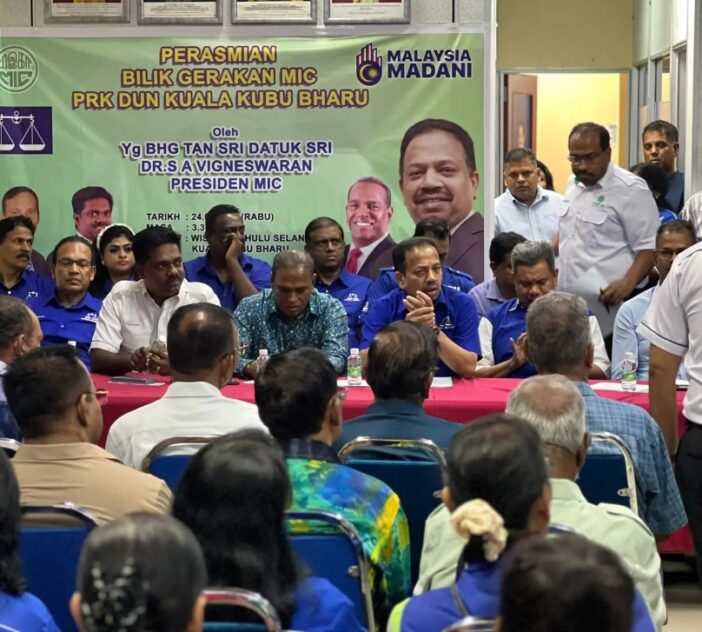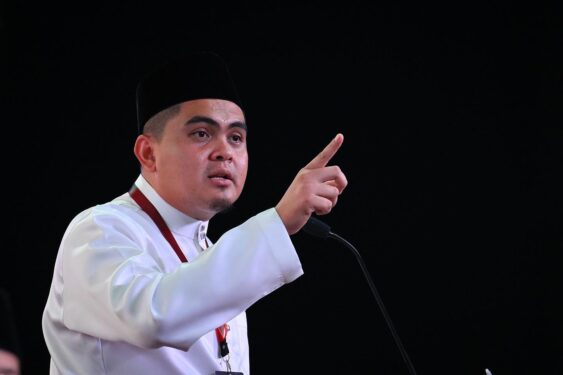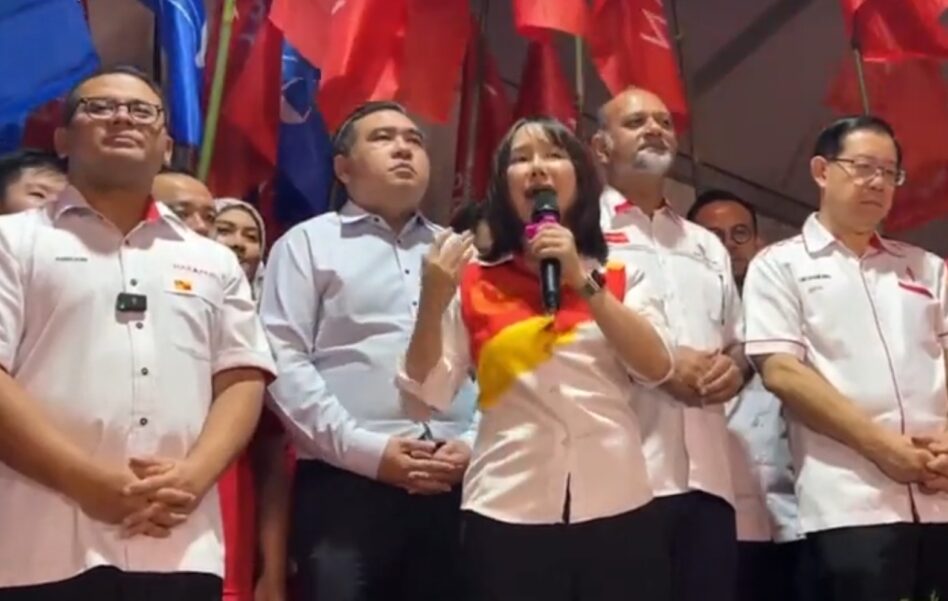IT was only last week during Tan Sri Muhyiddin Yassin’s pre-Cabinet briefing that the Agong reportedly cited Article 43(4)a about a Prime Minister who ceases to have majority in Parliament.
Under Article 40(2)a, the PM is appointed. Article 43(2)a, meanwhile, provides for the appointment of the Cabinet as well.
Generally, the head of state does not stray from the Agenda for the briefing.
Recall that the Agong himself declared before March 1 last year that no one had the majority in Parliament.
Interviewing every MP as per the Perak case law 2009 to determine majority remains a tiresome exercise. The Agong, being hereditary ruler as sultans, has residual – i.e. reserve – powers.
The Federal Constitution remains silent on minority PM and minority government. That doesn’t mean that Malaysia cannot have a minority PM and minority government.
Conventions, the working of the Constitution, have always been more important than the ‘supreme law of the land’ i.e. the Constitution.
No court will hear Applications on conventions as they are not law. The court remains only about law.
If we look beyond Malaysia, hung Parliaments are the norm in many other countries. Let’s not worry too much about how other countries deal with the phenomenon.
Clearly, they have a political culture that’s missing in Malaysia.
The Way Forward for the Federation, in equal partnership with the two Borneo territories under the Malaysia Agreement 1963 (MA63), can be vide a motion in Parliament adopting the definition of ‘majority’ in the Sabah Constitution.
This isn’t just a simple dictionary meaning but based on the letter of the law and spirit of the law read together on the rule of law, the basis of the Constitution.
Article 63 – Privileges of Parliament – holds, among others in five clauses, that “the validity of any proceedings in either House of Parliament or any committee thereof shall not be questioned in any court”.
In addition, Parliament must consider an anti-Defection Bill along the lines of that enacted by the Indian Parliament and upheld by the Supreme Court of India.
If we could turn the clock back, the Agong would be looking again at the state of parties at midnight on May 10, 2018 after GE14.
That can be seen on the Election Commission (EC) list sent to Istana Negara.
Sabah had an anti-hopping Enactment which provided political stability for many years during the Joseph Pairin Kitingan Administration (1985 – 1994).
It was eventually struck down by the High Court of Borneo on the grounds that it violated Article 10 of the Federal Constitution on freedom of speech, assembly and association.
Besides, as inferior law, it was null and void to the extent of its inconsistency with superior law viz. the Federal Constitution.
Sabah, and Sarawak are in fact governed by the unwritten/uncodified Malaysia Constitution which includes the Federal Constitution, MA63 and other constitutional documents on Malaysia.
For easy reading, I am leaving out the court cases in Sabah on the Chief Minister’s post, and the Governor’s discretion, following GE14 on May 10, 2018. That was further complicated by the snap Sabah election on Sept 26 last year which has led to the current spike in virus cases in the country.
Bearing in mind that no party may secure simple majority in the Sabah territorial assembly in a three-way race for example, the Constitution provides for the leader of the party which won the largest number of seats in the election to be Chief Minister.
The Definition of majority in the Sabah Constitution does not exclude minority Chief Minister and minority government. – Aug 18, 2021
This article will continue in Part 2.
Joe Fernandez is a long-time Borneo watcher and a regular FocusM contributor.
The views expressed are solely of the author and do not necessarily reflect those of Focus Malaysia.










